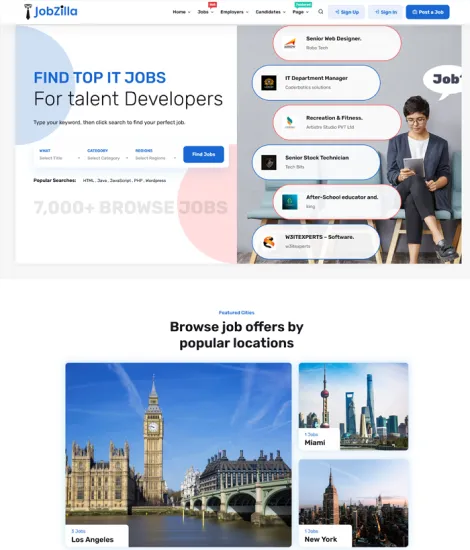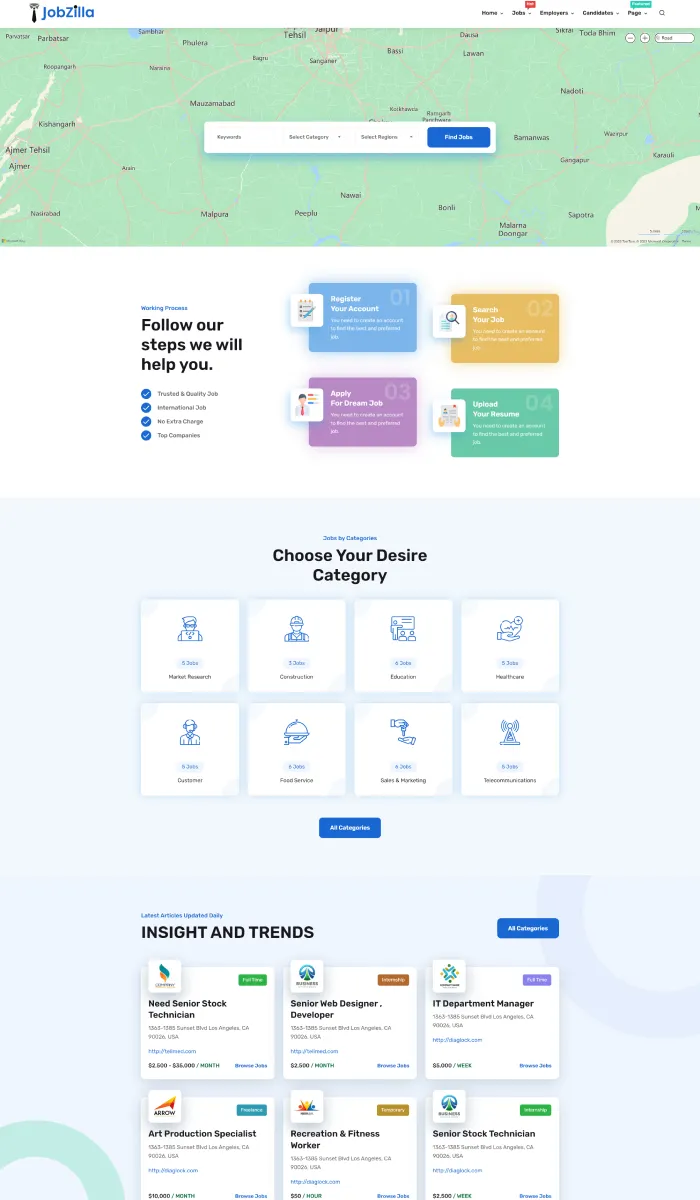A 22% Surge in Cocoa Prices – Exploring the Ripple Effects on Communities Nationwide as breaking news in ghana today reveals shifting political alliances.
- Resilient Republic Rising: Developments in Ghana showcase breaking news in ghana today live concerning economic reforms and a blossoming arts scene.
- Economic Reforms and Fiscal Responsibility
- The Blossoming Arts and Culture Scene
- Growth of Ghanaian Music
- Film and Television Production
- Fashion and Design Innovation
- Challenges and Future Prospects
Resilient Republic Rising: Developments in Ghana showcase breaking news in ghana today live concerning economic reforms and a blossoming arts scene.
Recent developments from Accra signal a period of significant change for Ghana, captured in breaking news in ghana today live concerning ambitious economic reforms and a flourishing arts and culture landscape. The nation is experiencing a dynamic shift, driven by government initiatives aimed at strengthening financial stability and fostering creativity. These advancements are attracting international attention, positioning Ghana as a rising star on the African continent, and increasing global investment.
Economic Reforms and Fiscal Responsibility
A core focus of the current administration is implementing rigorous economic reforms designed to stabilize the cedi and control inflation. These measures include fiscal prudence, improvements in revenue collection, and a crackdown on corruption. Ghana has been working closely with the International Monetary Fund (IMF) to secure financial assistance and implement a comprehensive economic recovery program. The program aims to address long-standing structural issues and build a more resilient economy. These reforms are expected to have a positive impact on the cost of living for ordinary Ghanaians.
One key component of the economic strategy revolves around diversifying the economy beyond its traditional reliance on cocoa and gold. The government is actively promoting investment in sectors such as agriculture, manufacturing, and technology. This forward-thinking approach is designed to create new jobs, boost export earnings, and reduce vulnerability to global commodity price fluctuations. Measures are also being taken to improve the ease of doing business, encouraging both domestic and foreign investment.
The success of these reforms will depend on sustained political will, effective implementation, and the continued support of the Ghanaian people. While challenges remain, the initial indicators suggest a positive trajectory, signaling a potential for enhanced economic growth and improved living standards in the years to come. Transparent reporting and accountability will be vital in maintaining confidence and attracting further investment.
| Economic Indicator | 2022 | 2023 (Projected) |
|---|---|---|
| GDP Growth Rate | 3.4% | 3.6% |
| Inflation Rate | 31.7% | 25% |
| Cedi Exchange Rate (USD) | 8.2 GHS | 11.5 GHS |
The Blossoming Arts and Culture Scene
Alongside economic development, Ghana is witnessing a remarkable flowering of its arts and culture. From visual arts to music, film, and fashion, Ghanaian creatives are gaining recognition on the global stage. This burgeoning creative industry is not only enriching the country’s cultural landscape but also contributing significantly to economic growth through tourism and exports. The government is actively supporting the arts through funding, infrastructure development and promoting cultural festivals.
The Year of Return initiative, launched in 2019, played a pivotal role in catalyzing this cultural renaissance, attracting members of the African diaspora to reconnect with their ancestral homeland. The initiative has fostered a sense of unity and pride among Ghanaians and has created new opportunities for cultural exchange and collaboration. This renewed sense of cultural identity is fueling a wave of creativity across different artistic disciplines.
Investment in arts education is also proving crucial, nurturing the next generation of Ghanaian artists and creatives. Supporting art schools, workshops, and mentorship programs will ensure the continued growth and sustainability of the industry. Ghana’s vibrant arts scene serves as a powerful symbol of its cultural richness and its potential for a thriving creative economy. The country is quickly becoming a hub for artists from all over the world.
Growth of Ghanaian Music
Ghanaian music, particularly genres like Afrobeats and Highlife, continue to gain international acclaim. Artists like Stonebwoy, Shatta Wale, and Burna Boy are headlining major festivals and collaborating with global superstars. This success is not only elevating the profile of Ghanaian music but also attracting investment into the music industry and supporting the development of new talent. The growth of streaming platforms has provided Ghanaian musicians with wider access to new audiences. With constant innovation, Ghanaian music is quickly becoming a sought after sound worldwide
The rise of the Ghanaian music industry also generates numerous economic benefits, including job creation and increased revenue for local businesses. The creative arts sector has become a vital contributor to the country’s GDP. Initiatives like music festivals and industry events further boost tourism and promote cultural exchange. Ghana’s unique musical sound continues to evolve, uniquely blending contemporary and traditional influences.
The government initiatives dedicated to fostering the music sector include financial support for artists, investment in recording studios, and programs to protect intellectual property rights. These investments are crucial in ensuring the sustainability and growth of the industry. By providing support to independent artists, the government is enabling them to create world-class music and contribute to the country’s cultural vibrancy.
Film and Television Production
The Ghanaian film industry, known as “Ghallywood,” is experiencing a resurgence, driven by increased investment and a growing demand for local content. Improved production quality, coupled with compelling storylines that reflect Ghanaian culture and experiences, is attracting larger audiences. The rise of streaming platforms has also created new opportunities for Ghanaian filmmakers to distribute their work internationally, allowing them to reach audiences beyond Africa. The recent endorsements from global brands has also helped the industry.
Actors and filmmakers in Ghana are increasingly gaining recognition for their talent and creativity. The growing demand for Nollywood films in Ghana has also boosted the country’s movie culture, creating more jobs and opportunities for creativity. Partnerships with global production companies are also contributing to the growth of the local film industry. The incorporation of advanced technologies has enhanced film quality and promoted international visibility.
Addressing challenges such as funding constraints and limited distribution channels is essential for realizing the full potential of Ghallywood. Greater investment in training and skills development will also be crucial in ensuring a sustainable future for the industry. The government’s commitment to developing infrastructure and providing incentives for film production will contribute to attracting more international investment.
Fashion and Design Innovation
Ghanaian fashion design is making waves internationally, celebrated for its vibrant colors, bold patterns, and innovative use of traditional fabrics. Designers such as Ozwald Boateng and Stella Jean have achieved global recognition, showcasing their collections at prestigious fashion weeks around the world. The fashion industry in Ghana provides employment opportunities and contributes to the local economy. The increased focus on sustainable fashion practices highlights the country’s commitment to environmental responsibility
The fusion of traditional Ghanaian textiles like Kente with modern designs results in visually stunning and culturally rich garments. This unique style reflects a blend of heritage and innovation. Supporting local artisans and promoting ethical sourcing practices are essential for ensuring the sustainability of the fashion industry. Local fashion schools and workshops nurture budding designers to create groundbreaking work.
The growing international demand for Ghanaian fashion is boosting the country’s exports and creating new markets for Ghanaian designers. Initiatives such as fashion trade shows and collaborations with international brands are building brand awareness and attracting international buyers. Empowering local designers by providing access to funding, training, and mentorship programs will enable them to scale their businesses and compete effectively in the global marketplace.
Challenges and Future Prospects
Despite the positive developments, Ghana faces several challenges, including high levels of debt, infrastructure deficits, and unemployment. Addressing these challenges requires sustained commitment to reforms, strategic investment, and strong governance. The government is actively seeking partnerships with the private sector and international organizations to attract investment and accelerate development. Overcoming these hurdles is critical for achieving sustainable and inclusive growth.
A key priority is investing in infrastructure projects, such as roads, railways, and energy, to improve connectivity and facilitate economic activity. Addressing the skills gap through investments in education and vocational training is also essential. Empowering small and medium-sized enterprises (SMEs) will create more jobs and drive economic diversification. Supporting local entrepreneurs will spur innovation and promote entrepreneurship.
Ghana’s future prospects are bright, with the potential to become a regional leader in economic development and cultural innovation. By building on its strengths and addressing its challenges, Ghana can unlock its full potential and create a prosperous future for its citizens. Good governance and political stability, combined with a youthful population eager for change, provide a solid foundation for growth.
- Diversify the economy beyond cocoa and gold.
- Promote investment in education and skills development.
- Strengthen governance and combat corruption.
- Invest in infrastructure projects.
- Foster a favorable business environment.
- Attract Foreign Direct Investment.
- Increase agricultural productivity.
- Improve access to healthcare.
- Enhance the digital infrastructure.
- Secure a sustainable fiscal policy.

























